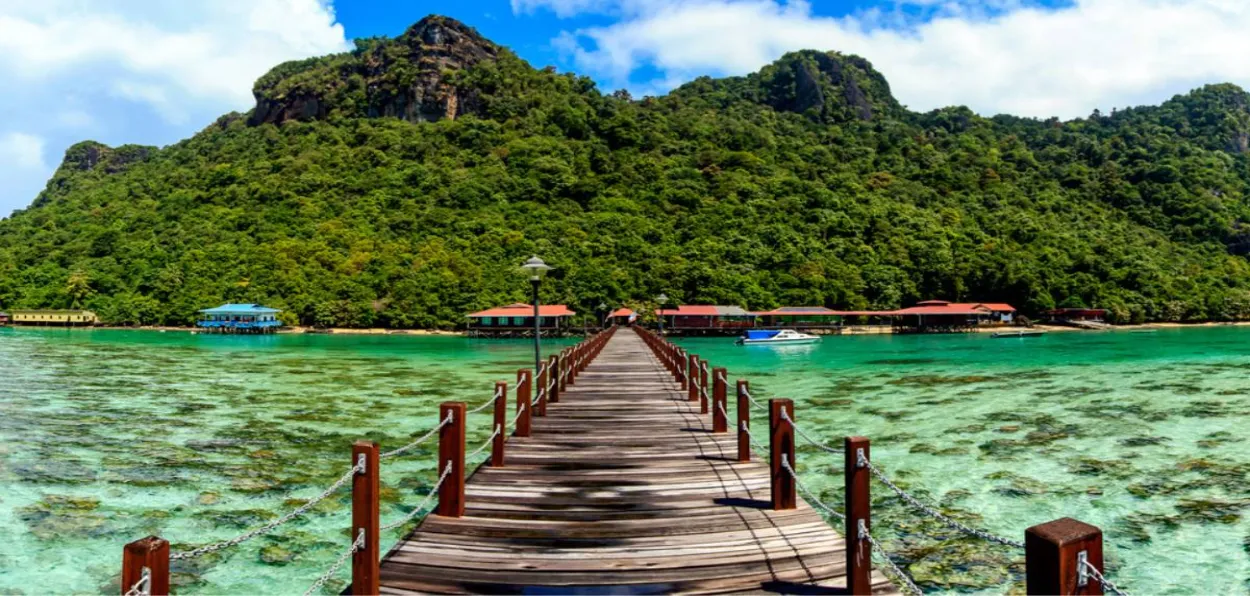
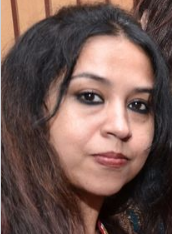 Aditi Bhaduri
Aditi Bhaduri
As the plane began its descent, I peered curiously out of the window. It was around 4 am local time. The dawn was just breaking, the dark skies streaked with bold orange. Gradually, the Andaman Sea came into view below; the aircraft continued its descent as if it would gently dive into the shimmering blue when the palm-fringed shores appeared. So far so beautiful.
Yet, I didn't know what to expect. I was returning to Southeast Asia after a gap of seven years, and Malaysia was different from Thailand or Cambodia. While the country's tourism department had been turning its wheels rather fast, I was also haunted by academic Farish Noor's warning about juvenile theology creeping into the country. Now a trip of a week is hardly a way to interpret a country or its society. Yet what I witnessed stumped me.
Malay, and Chinese, Indian, and Burmese, all seemed to live side by side, thriving, bustling about their daily lives, even as they respected each other's boundaries and safeguarded their own. Politeness and cleanliness seemed to be the hallmarks of Malaysian society. Malaysia is not another Dubai; it is a member of the global south and trying.
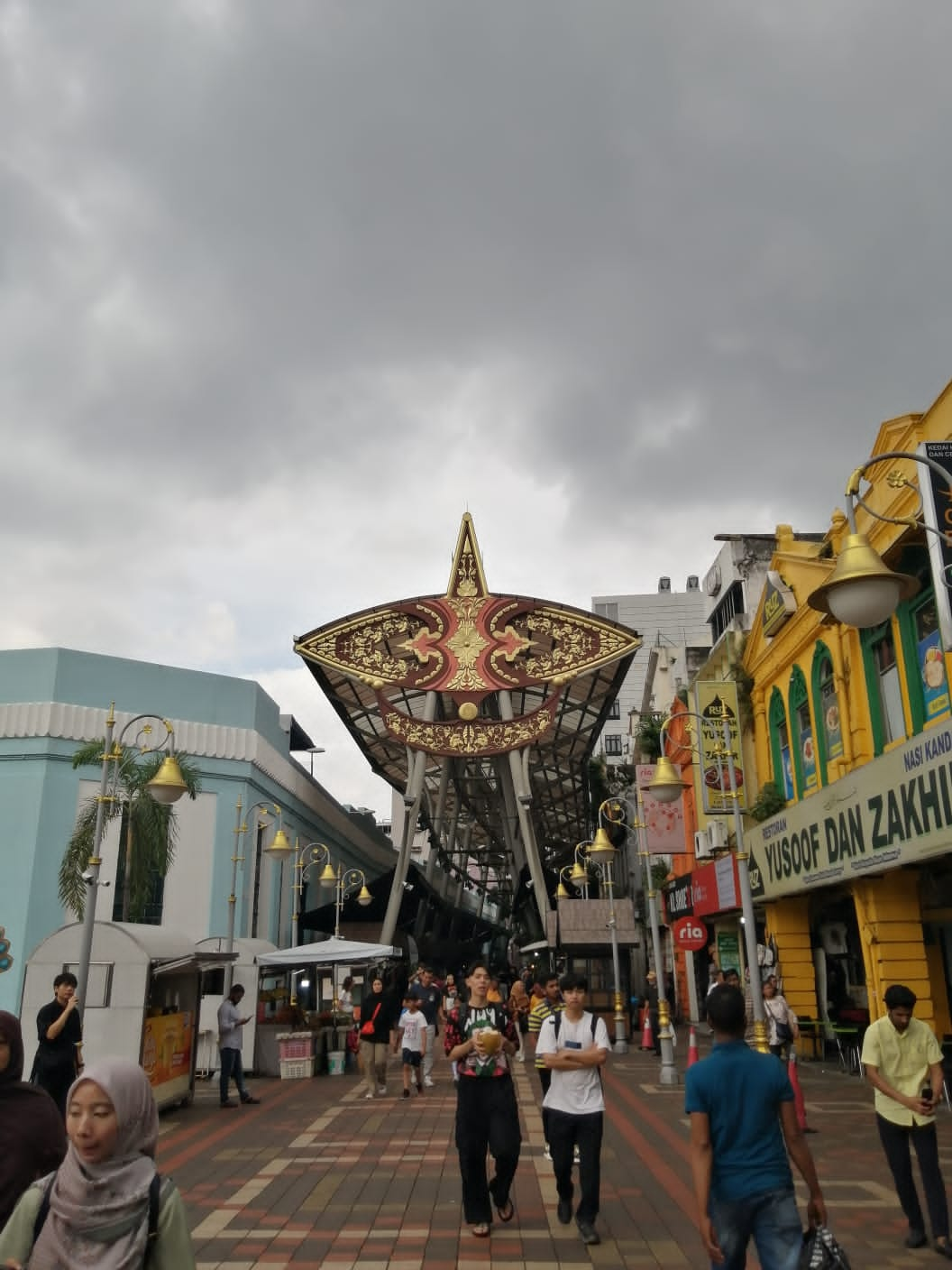 Kuala Lumpur market
Kuala Lumpur market
The tropical climate does not allow for immaculate whitewashed buildings. Rather like our own Kolkata or Chennai the humidity and dampness and the daily rains find their way sooner than later on building walls; growing population and traffic have meant the construction of flyovers on existing roadways, cramping parts of the city wherever they snaked their ways through.
Though Kuala Lumpur has the iconic steel and chrome Petronas Towers and many other fancy buildings there is nothing extraordinarily glitzy or fancy about it. Yet the place is imbued with an unobtrusive gentleness, a laid-back efficiency guides tourists who have no problems finding their way around.
Beginning with the visa, it is Malaysia that I found true hold true to Athiti Deva Bhavo. After submitting my documents - the very basics which included the passport scan, a photograph, return articles, and hotel vouchers - all online - I received the e-visa literally within 24 hours! Compare this with the very bureaucratic procedures that visitors, from different countries to India often have to grapple with, even when many of them have visited India many times. A friend finally just gave up and opted for a vacation in Thailand instead.
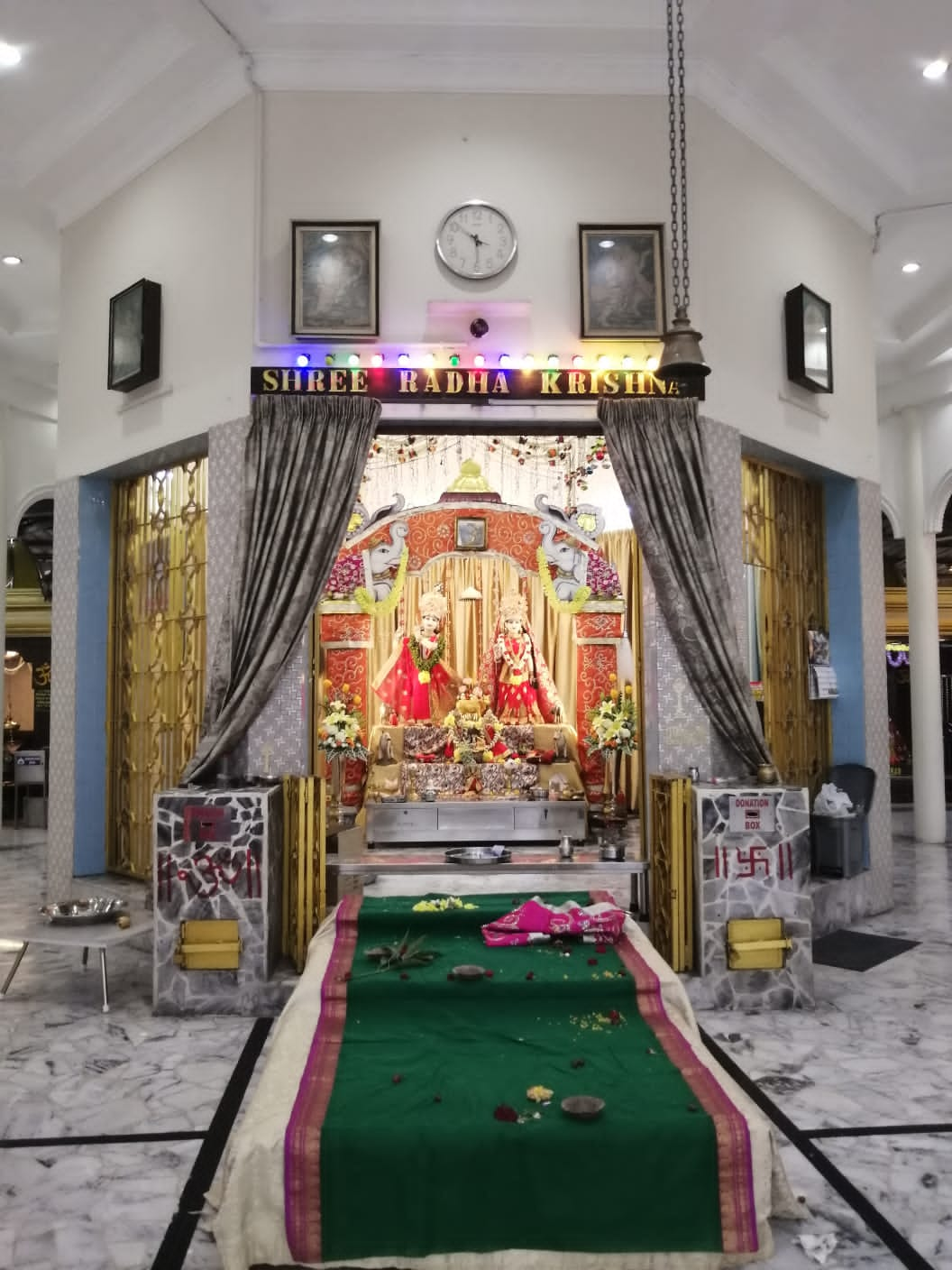
Temple in Kuala Lumpur
Take, for instance, the fact that in the airport itself, I could get a Malaysian SIM card without any hassle. All I had to do was show my passport and pay 20 Ringgit (about 400 INR) for a 10-day unlimited call and SMS service and 25 GB of data, enough for me to keep in touch with my regular life. I immediately compared it to India where to procure a sim as a resident I have to produce an array of documents and then wait for hours for the Sim to be activated. A couple of times SIMs have remained inactivated, and here we pride ourselves on our digitization! And this was not all.
The cleanliness and the organized, disciplined way that things work in Malaysia provide all the ease and comfort with which visitors can go around the country. Organized, disciplined train, bus, and ferry counters negate the need to pre-book, thereby allowing the visitor to have a more spontaneous experience.
Malaysia has its share of tourist attractions - whether the sites and sounds of Kuala Lumpur or the Genting Highlands, the beautiful island state of Penang with its untouched-by-the-revolution Chinese heritage, or its many beautiful beaches and resorts. But most of all, it is its people who help make a visit there a unique experience.
Malaysia is home to three major communities - the indigenous Malay, the Chinese, and the Indians who arrived here in the 18th and 19th centuries, mostly from the south of India and mostly Tamils. There is a Chinatown and a Little India in almost every town and city. They all live side by side, each maintaining and preserving its culture, traditions, and cuisine. Hindu and Chinese temples coexist in harmony with Malay mosques. But the peaceful coexistence does not stop there. Incredibly for a Muslim-majority country where reverse reservations for Malays are in place, no rules are imposed or thrust on the others. For instance, it was rare to see a Malay woman or girl without a hijab, but it did not deter any non-Malay from wearing the shortest of skirts, or a saree with a bare midriff or back.
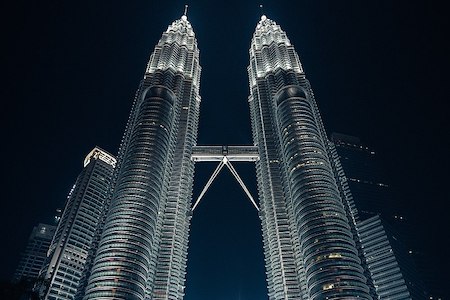
Petronas Twin Towers
There are Sharia-based rules in place, but they apply to only Muslim Malays. Thus, no non-Muslim, Malaysian or foreign, has to abstain from eating in public during Ramadan. There is no gender segregation in hotels. Alcohol is freely available and served. Halal joints coexist with non-Halal. Most amazing was the freely available and openly sold pork and pork products. As someone who has traveled extensively through the Muslim world, this was indeed an eye-opener. Even in Turkey, which prides itself on its secularism, it's modernity and proximity to Europe, pork was banned as it is taboo for Muslims. But in Malaysia, people bought and ate it with great gusto.
ALSO READ: How Uzbekistan is evolving as a model Muslim country
Besides the Malays, Chinese, and Indians, Burmese, Thai, Indonesians, Bangladeshis, Sri Lankans, and Syrians have also made Malaysia their home. A babel of Malay, Chinese, Tamil, Sinhalese, Bangla, and even Punjabi and Urdu can be heard on the streets. Many guest workers in the hospitality industry hail from Nepal, Indonesia, and Bangladesh. People are gentle and helpful, without being obtrusive. Ask someone for a direction and s/he will stop to help you with a smile. If the person does not know s/he would make sure to find out from someone else to help you out. But without being pesky or inquisitive or being too familiar. Helpful, friendly, gentle, and plural. Indeed, Malaysia, as I found was truly Asia.
